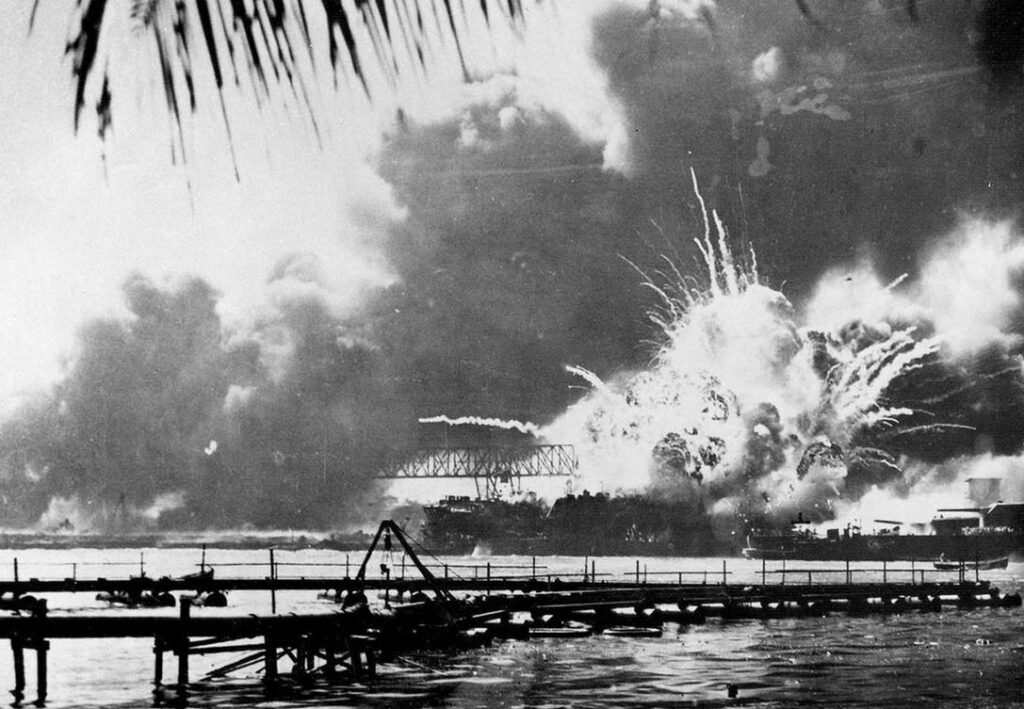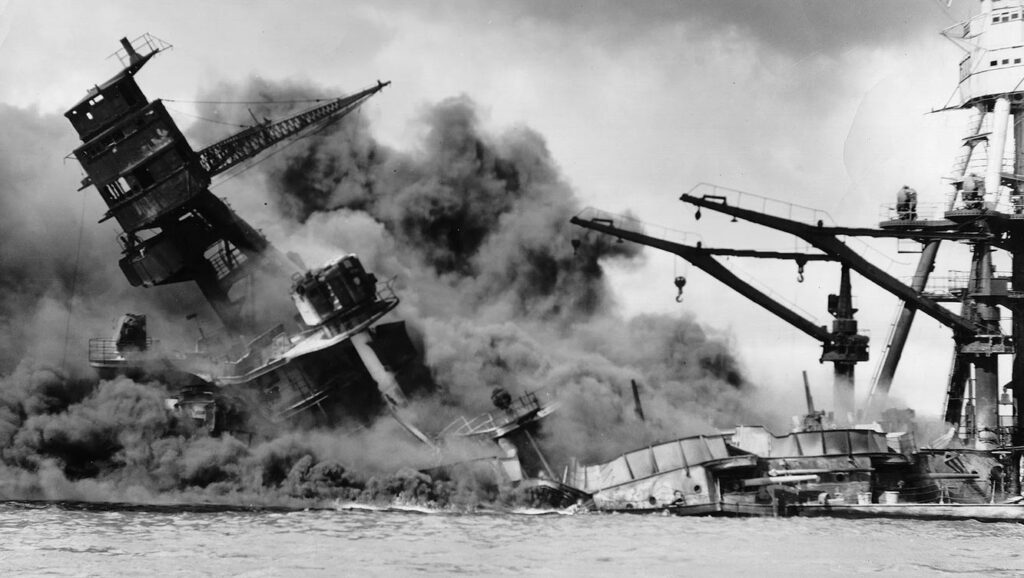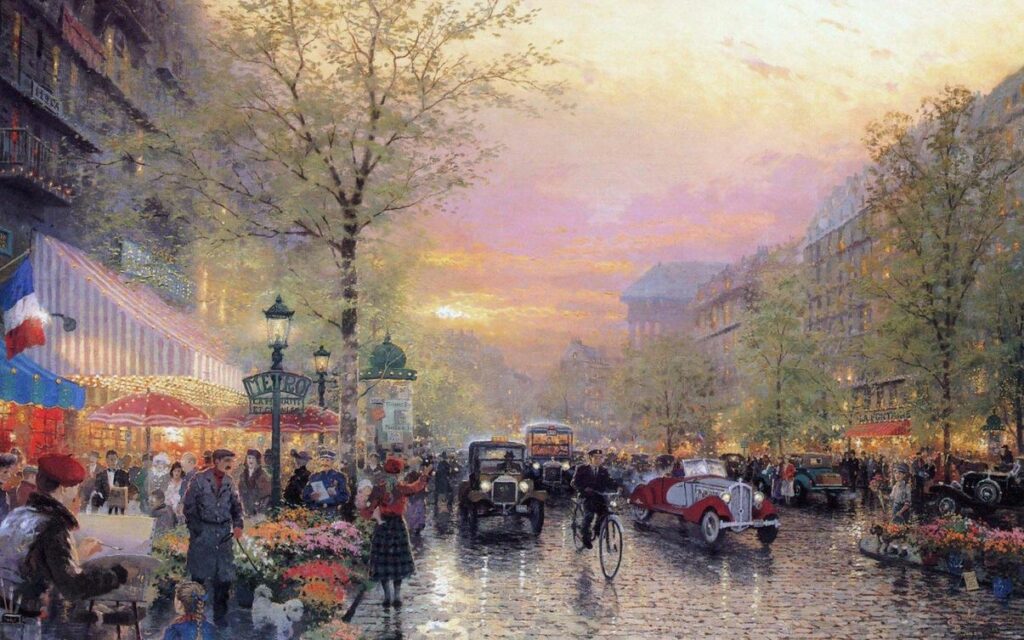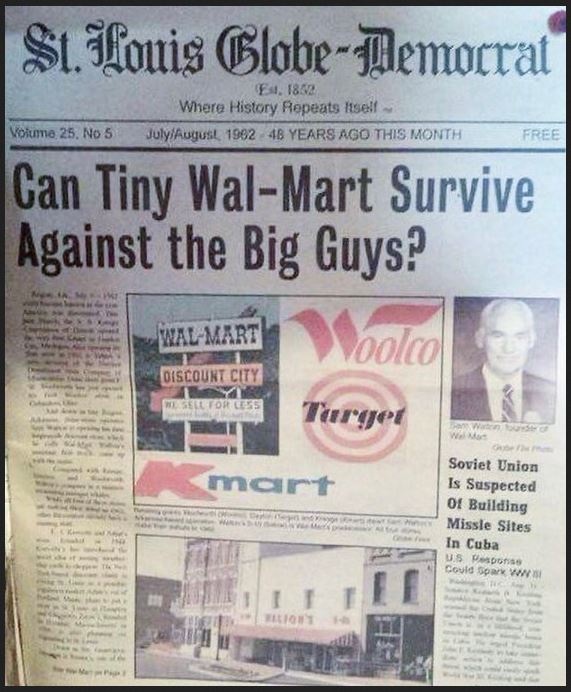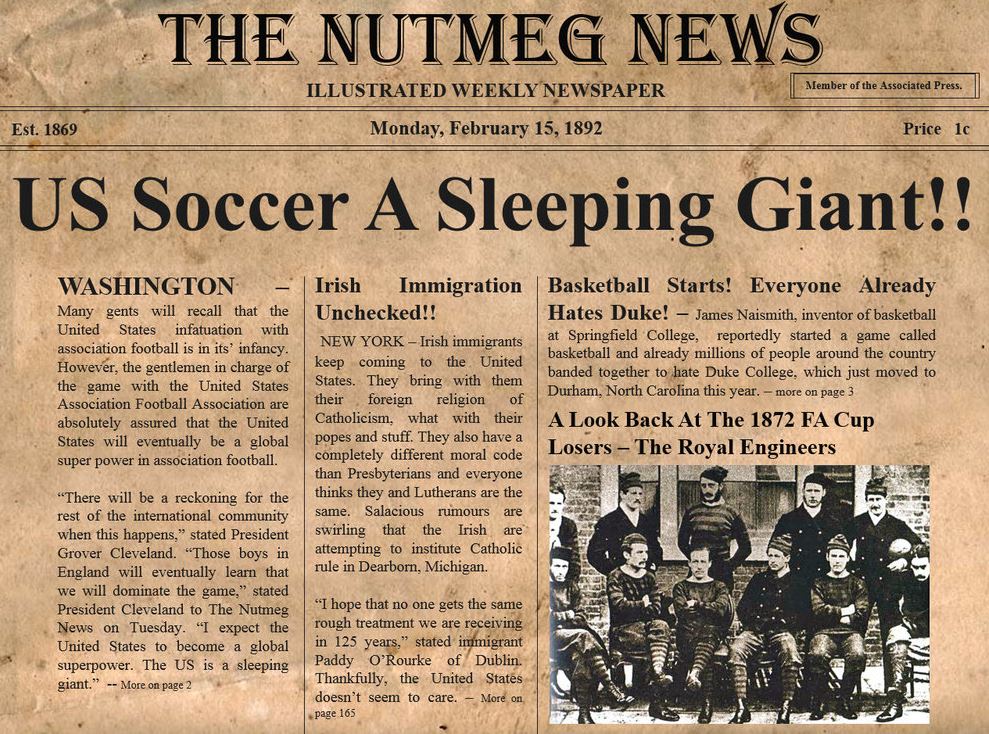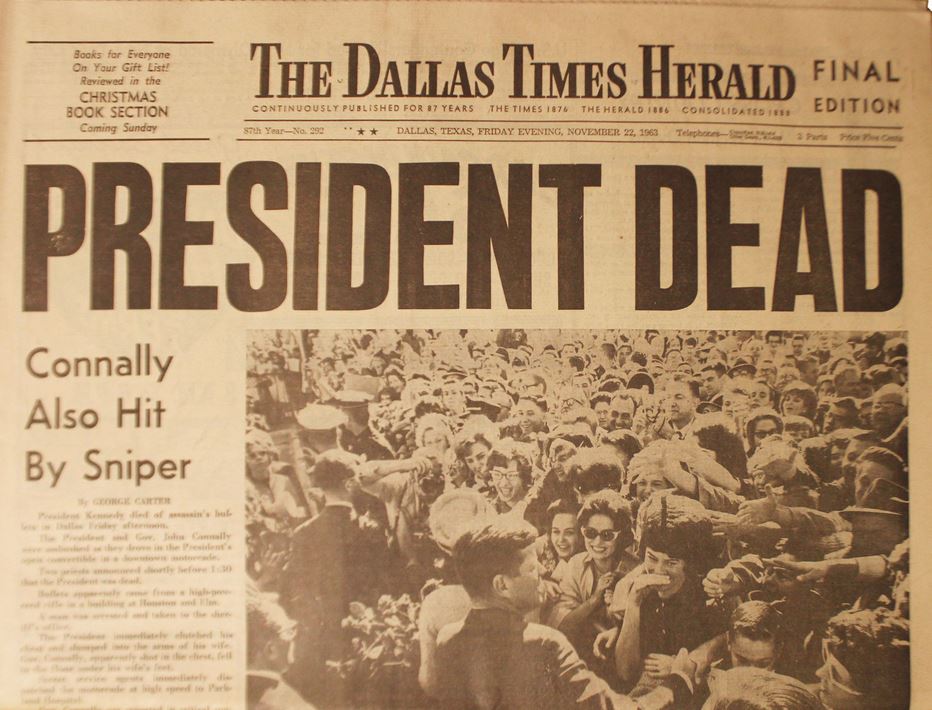…or, an unvarnished look at the WWII German Messerschmitt 262.
Along the way, this screamingly-funny chap slaughters all sorts of sacred cows, e.g. that the Me262 could have won the war for the Nazis, that Albert Speer was a genius, that German technology was superior to that of the Allies, and that Herman Goering was an incompetent asshole.
Okay, that last one happens to be true, as historian Lord HardThrasher sets about him with a cricket bat, calling most of history’s revered sources a pack of liars and completely debunking the myth of Germany’s technocrats, e.g. Willi Messerschmitt (yeah, the guy who designed the Me109).
Along the way, he proves that Allied bombing actually worked better than today’s naysayers would have you believe, and that bad things happen when you allow the reigns of power to be wielded by simpletons and incompetents.
But you all knew that.
There is plenty of bad language, but as Readers of this here website, you should be used to that by now.

